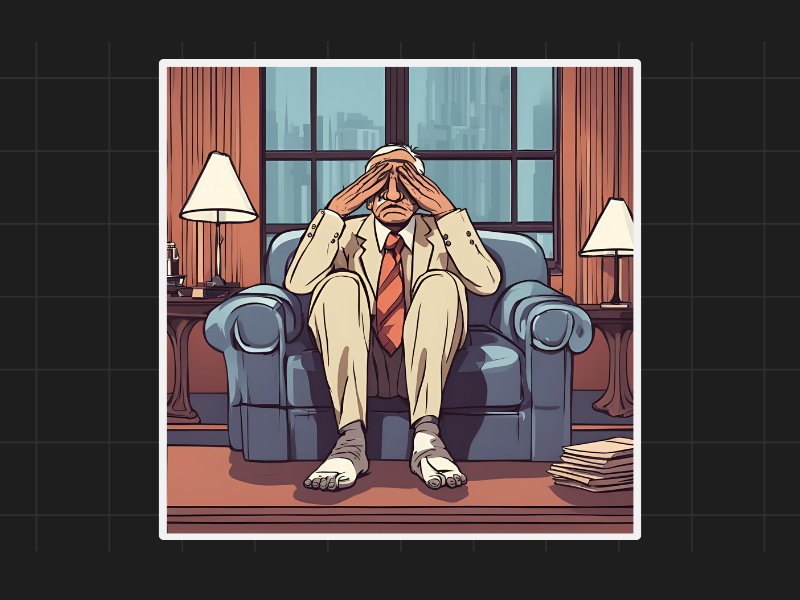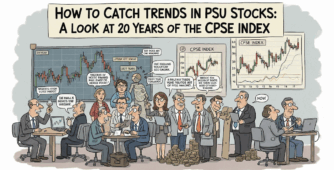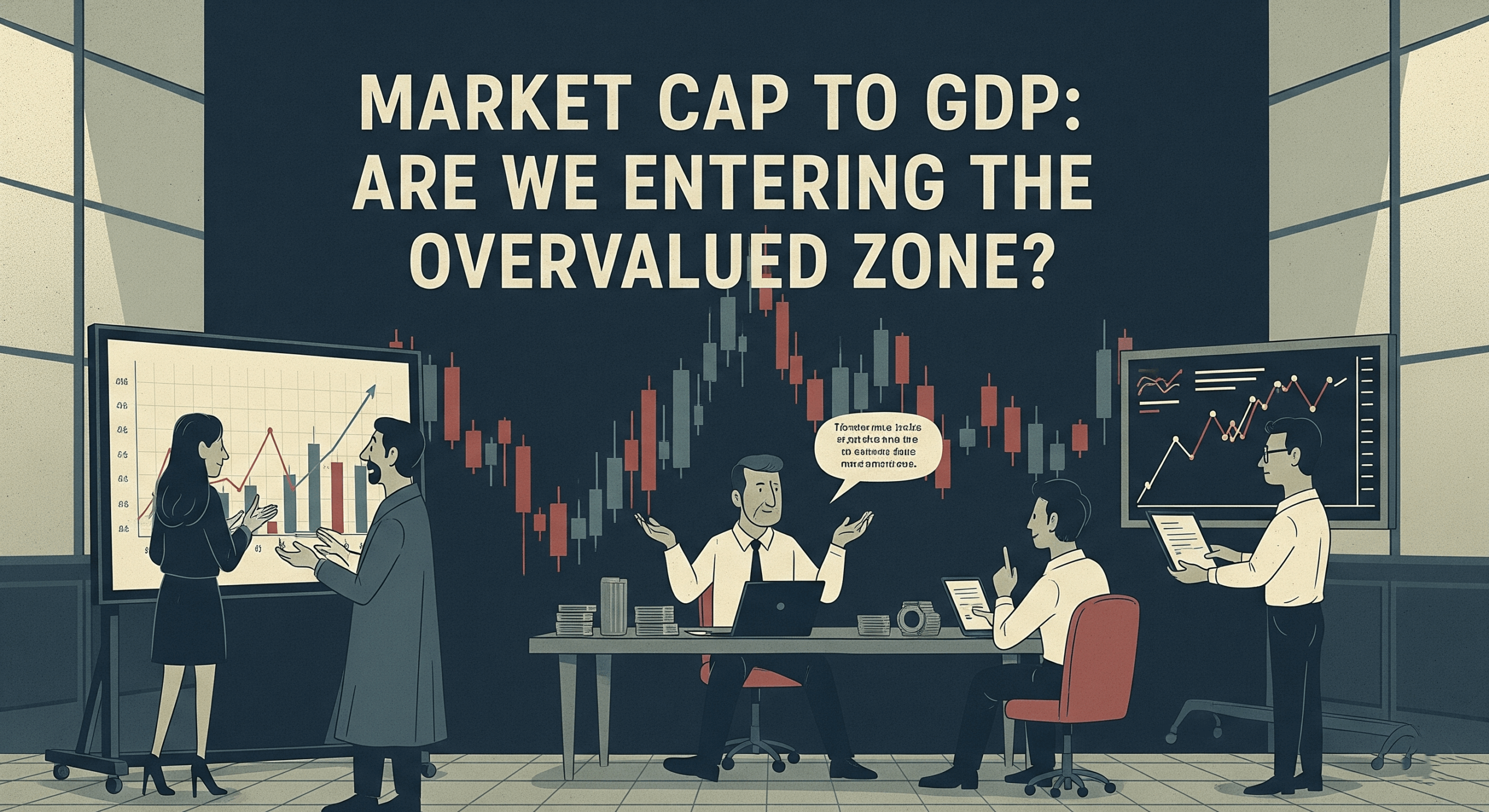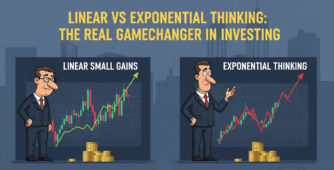When you buy stocks, they often go down. When you hold them, they go sideways. When you sell them, they go up. This is something many investors experience. Most of the time, these decisions are made based on emotions rather than structured strategies.
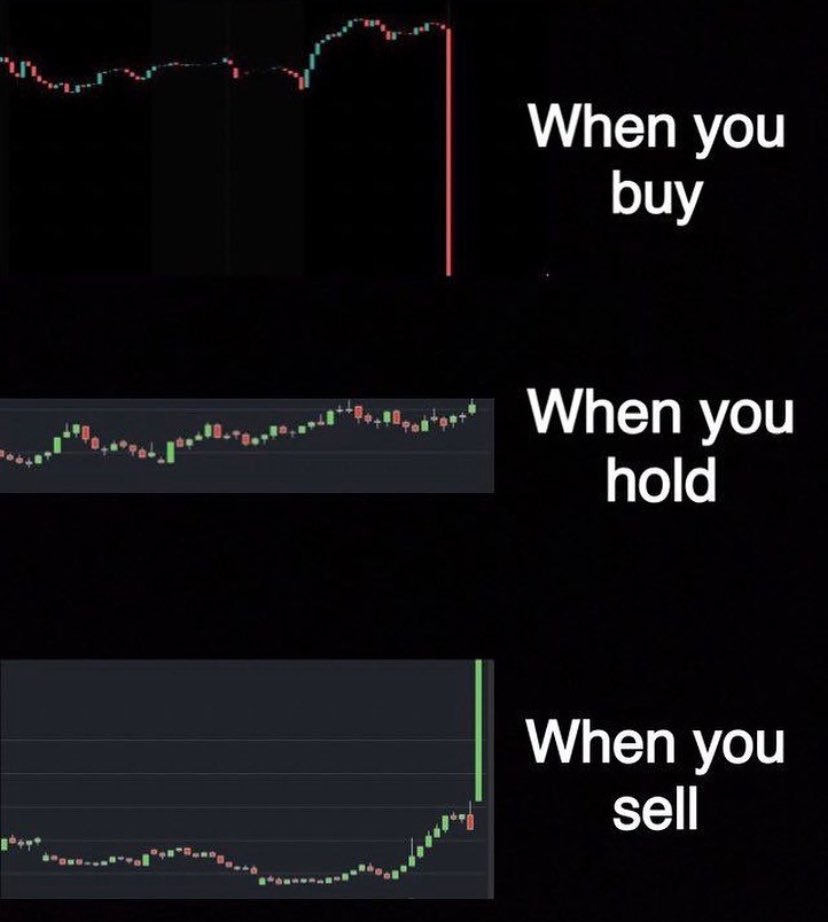
Buying Stocks in FOMO
A common reason for this pattern is FOMO (Fear of Missing Out). When you see others buying and the prices going up, you feel the urge to buy too. This often happens after the stock has already risen significantly. By the time you decide to buy, the stock is likely to drop. This is a common scenario many investors face.
Holding and Selling Stocks
When holding a stock, it often goes sideways. This makes it easier to hold onto because there’s no immediate threat or opportunity. If the stock was going down, you might consider selling it. If it was going up, you might think about buying more. But when it’s sideways, you decide to wait. Then, when you finally decide to sell, the stock often goes up soon after, leading to regret.
The Emotional Roller Coaster
This cycle of buying, holding, and selling based on emotions is very common. It happens because we often make decisions based on how we feel about the stock rather than following a structured plan. This emotional roller coaster can lead to poor investment decisions and missed opportunities.
The Importance of Structured Strategies
To avoid this emotional trap, it’s important to follow structured strategies. These strategies remove emotions from the decision-making process. Instead of relying on how you feel, you follow a set of rules. For example, if the price is going up, you buy. If the price is going down, you sell. If you buy and the stock starts to drop, you get out. If you sell and the stock goes up, you may buy again. This disciplined approach helps you make better decisions.
Regret Machine
Markets often act as regret machines. If you buy a stock and it drops, you regret it. If you sell a stock and it goes up, you regret it. Even if you buy and the stock goes up, you might regret not buying more. Conversely, if you sell and the stock goes down, you might regret not selling everything or even shorting it. The key to minimizing regret is to follow a rule-based system. This way, you can keep emotions out of your investment decisions.

Disclaimers and disclosures : https://tinyurl.com/2763eyaz
If you have any questions, please write to support@weekendinvesting.com

